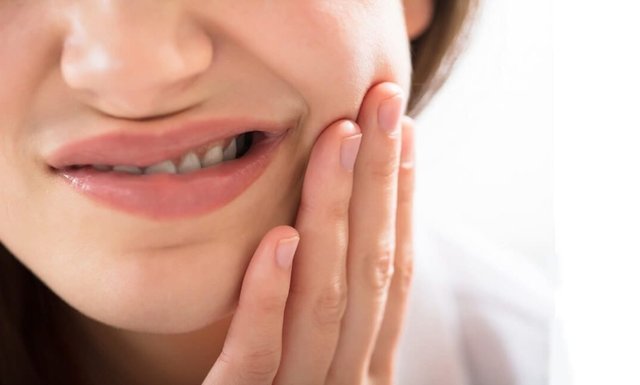Top 7 Causes of Tooth Decay (and How To Prevent Them)
.jpg)
Cavities are decayed parts of your teeth that develop into small crevices and holes. Cavities result from tooth decay - a process in which acids produced by bacteria break down tissues in your mouth. Recurring cavities typically occur due to easily preventable causes. Hence, gaining more knowledge about the most common causes of cavities is essential to preserve the health of your teeth and gums.
Continue reading to discover the seven most common causes of cavities and how they can be avoided.
1. Stress
A stressful lifestyle, loss of a job, divorce, and the death of a loved one can all be detrimental to your immune system. A lower-performing immune system makes it harder for your body to eliminate infections. Being under pressure can also result in you forgetting to practice proper dental hygiene. Overall, stress can create negative changes throughout your body, eventually leading to tooth decay.
2. Neglecting dental hygiene
Avoiding brushing your teeth properly and missing areas in your mouth creates a perfect breeding ground for oral bacteria that produce enamel-dissolving acids. The same goes for flossing. If you avoid flossing or doing it poorly, or inconsistently the accumulated food residue and plaque between your teeth can easily cause decay and gum disease.
3. Exercising more
It’s ok to get a dry mouth when exercising. That’s why staying hydrated during physical activity is crucial. If you avoid drinking liquids during and after your workout, that dryness in your mouth can become a culprit of tooth decay. That’s because saliva is essential to wash out food particles and neutralize dangerous bacteria in your mouth. When your mouth is dry and sticky, your teeth become more susceptible to acids produces by oral bacteria. This may eventually result in cavities forming in your teeth.
4. Overbrushing
When brushing your teeth, make sure to use a soft-bristled toothbrush gently. If you brush too aggressively, you can damage your gums and enamel. Your enamel is the protective layer of your teeth. If damaged, it puts you at a higher risk of developing tooth decay and associated cavities.
5. Cold or flu
Dry mouth sometimes occurs as a side effect of certain drugs used to treat the common cold or flu. Remember that the longer your mouth remains dry, the higher is your risk of experiencing decay and cavities. Hence, be sure to drink extra water when you’re sick and avoid drinking alcohol or eating sugary or dry foods. All of these can decrease the amount of saliva produced in your mouth.
6. Sugary foods
Sugary foods are literally the fuel for oral bacteria. Bacteria thrive on sugar and then start coating your teeth in dissolving acids. This process takes seconds and can occur repeatedly throughout one meal. Hence, it’s important to brush your teeth or at least rinse your mouth after eating to reduce the number of acids from food. Most likely, when thinking about something sugary, you imagine candy and similar foods. There are numerous foods with hidden sugars in them. These include energy drinks, instant oatmeal, yogurt, breakfast cereal, and pasta sauce.
7. Acidic foods and beverages
Soda is probably the first thing that comes to your mind when you think about foods that are high in acid. Numerous popular foods like fish and bread have acid in them. Other highly acidic foods include brown rice, granola, flakes, processed foods, and cheese. When getting into your mouth, the acids from these foods immediately start to destroy the protective level of your teeth, making you vulnerable to decay and cavities. Hence, try limiting your consumption of such foods and reduce the dangerous effects of acids by drinking water while eating.